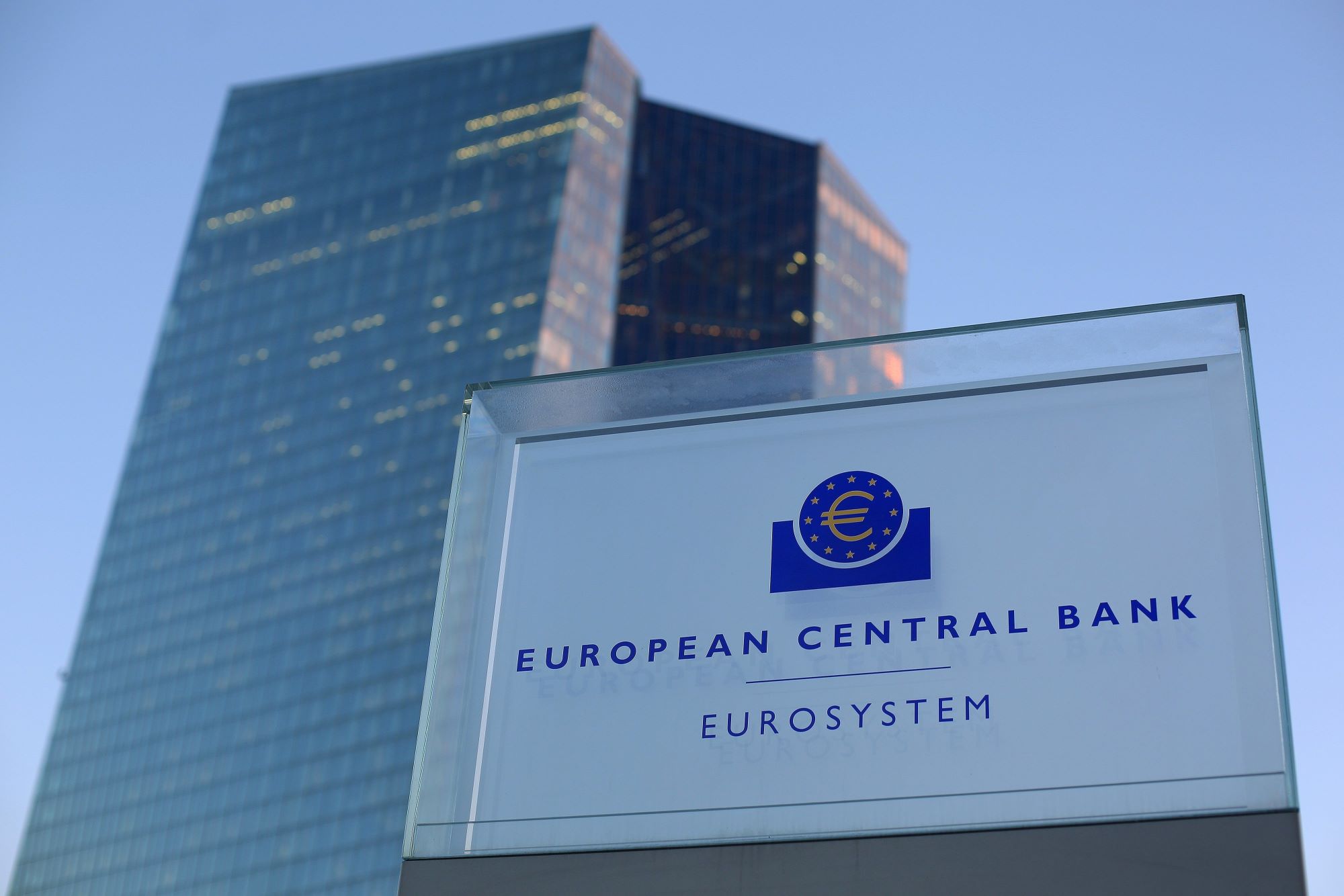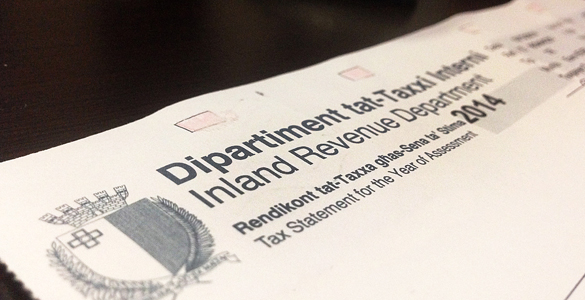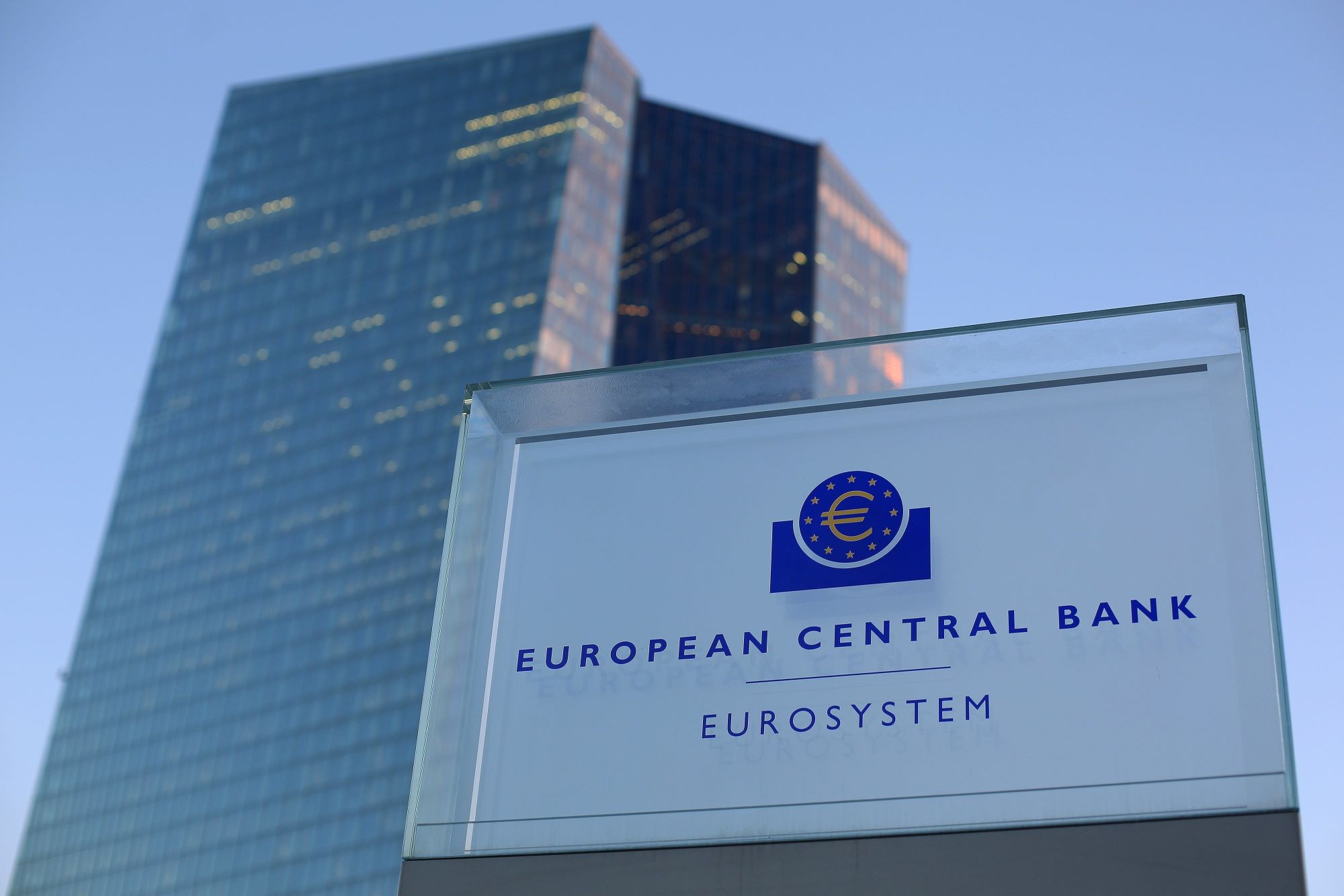On Wednesday, the European Central Bank (ECB) launched an investigation meant to lead to a digital euro, defined as a riskless, accessible, and efficient form of digital central bank money.
The investigation phase will last two years and aims to address key issues regarding design and distribution.
“A digital euro must be able to meet the needs of Europeans while at the same time helping to prevent illicit activities and avoiding any undesirable impact on financial stability and monetary policy,” said the ECB.
It clarified that the investigation will not “prejudge” any future decision on the possible issuance of a digital euro, and noted that “in any event, a digital euro would complement cash, not replace it”.
During the project’s investigation phase, the Eurosystem, which comprises the ECB along with the national central banks of EU Member States using the euro, will focus on a possible functional design that is based on users’ needs. It will involve focus groups, prototyping and conceptual work.
The investigation phase will examine the use cases that a digital euro should provide as a matter of priority to meet its objectives: a riskless, accessible, and efficient form of digital central bank money.
The project will also shed light on the changes to the EU legislative framework which might be needed and that will be discussed with, and decided by, European co-legislators.
The ECB will be engaging with the European Parliament and other European policymakers , and the technical work on the digital euro with the European Commission will also be intensified.
The investigation phase will also assess the possible impact of a digital euro on the market, identifying the design options to ensure privacy and avoid risks for euro area citizens, intermediaries and the overall economy.
It will also define a business model for supervised intermediaries within the digital euro ecosystem. A market advisory group will take account of prospective users’ and distributors’ views of a digital euro during the investigation phase. Those views will also be discussed by the Euro Retail Payments Board.
Wednesday’s decision by the ECB’s Governing Council was supported by extensive experimentation work done by the Eurosystem over the preceding nine months, which involved participants from academia and the private sector.
Experiments were conducted in the four following areas: the digital euro ledger; privacy and anti-money laundering; limits on digital euro in circulation; end-user access while not connected to the internet and facilitating inclusiveness with appropriate devices.
No major technical obstacles were identified to any of the assessed design options.
Both the Eurosystem TARGET Instant Payment Settlement (TIPS) and alternatives such as blockchain were proven capable of processing more than 40,000 transactions per second.
The experiments also suggested that architectures combining centralised and decentralised elements are possible.
According to these experiments, a digital euro core infrastructure would be environmentally friendly: for the architectures that were tested, the power used to run tens of thousands of transactions per second is negligible compared with the energy consumption of crypto-assets such as bitcoin, the ECB said.
“It has been nine months since we published our report on a digital euro. In that time, we have carried out further analysis, sought input from citizens and professionals, and conducted some experiments, with encouraging results. All of this has led us to decide to move up a gear and start the digital euro project”, said ECB President Christine Lagarde.
“Our work aims to ensure that in the digital age citizens and firms continue to have access to the safest form of money, central bank money”.
ECB board member Fabio Panetta, who chairs the high-level task force on a digital euro, said the bank will continue to engage with the European Parliament, citizens, merchants, and the payments industry through the project’s investigation phase.
Top 5% of taxpayers responsible for one-third of all income tax paid in Malta
On the other hand, the bottom third of income earners pay just 1.7% of all income tax generated
The Malta Institute of Accountants prepares for its 2024 Anti-Money Laundering Conference
Held at the Radisson Blu, St Julians, this latest AML Conference promises to bring exclusive insights on new procedures
Eurozone interest rates to remain unchanged
The European Central Bank noted that price pressures remain persistent






